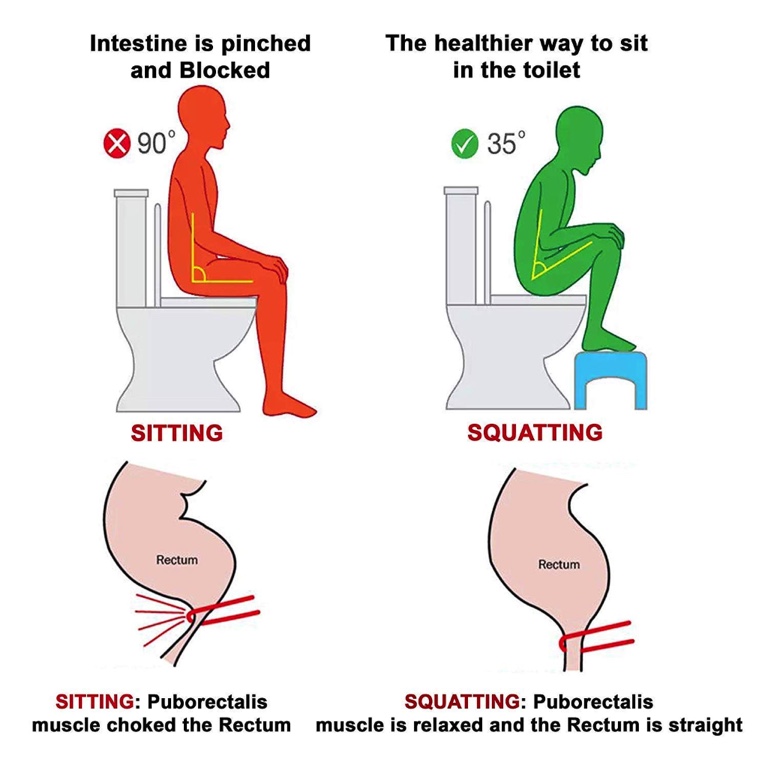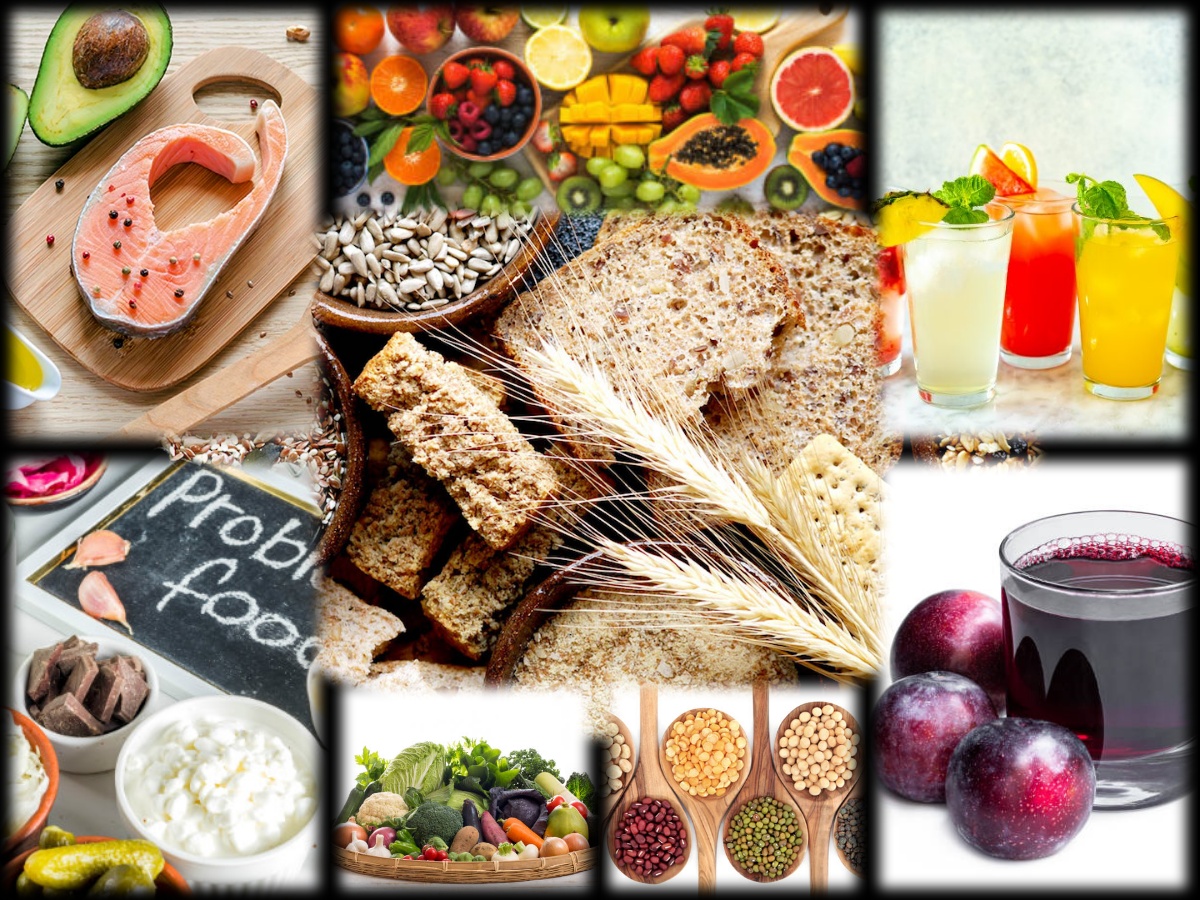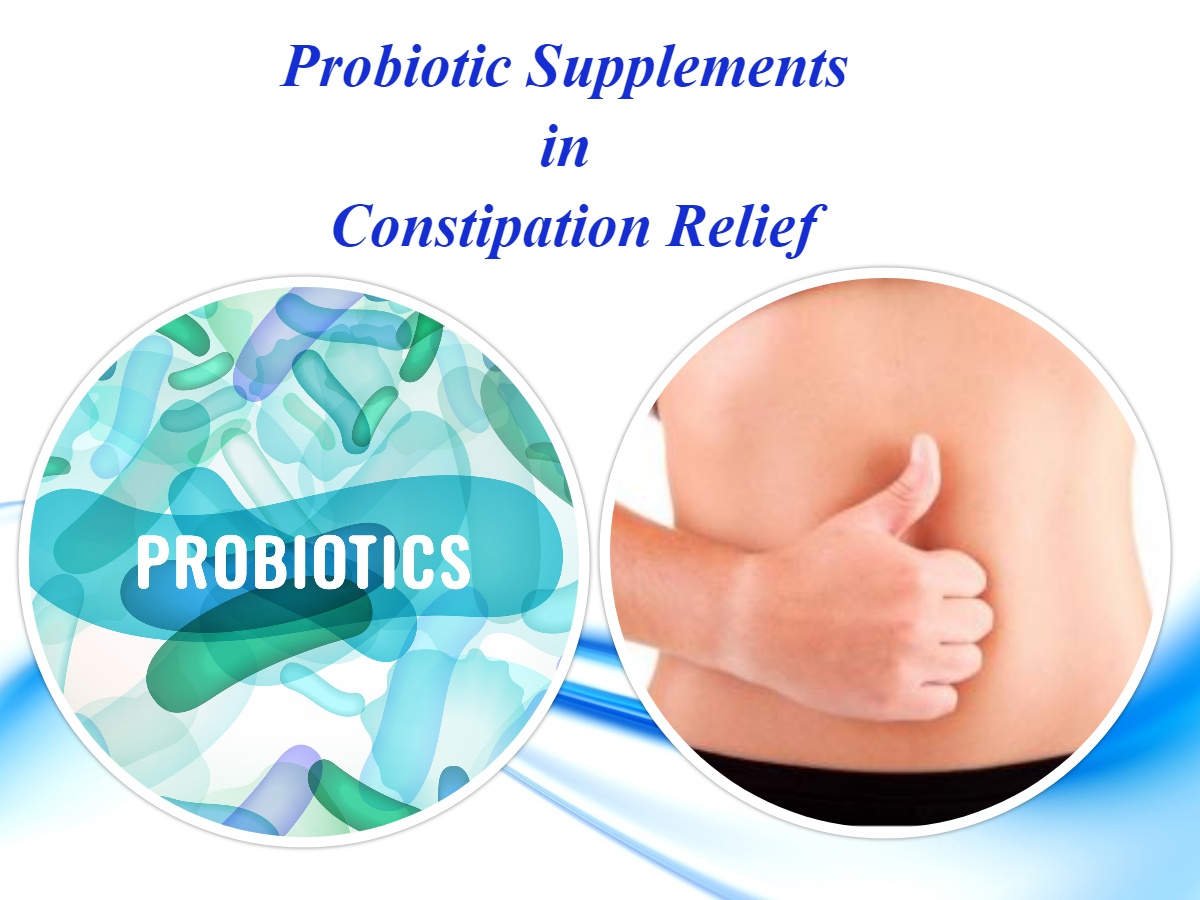Discover effective natural remedies and medical solutions for constipation to regain balance and alleviate discomfort. Learn how to tackle constipation with a holistic approach for improved digestive health.
Table of Contents
Introduction
Constipation is a common condition that affects people of all ages, causing discomfort and affecting quality of life. This article explores natural remedies and medical solutions to help regain balance and alleviate constipation.
Understanding Constipation
Definition
Medically, constipation is defined as having fewer than three bowel movements per week. However, it can also refer to a decrease in one’s normal frequency of bowel movements, difficulty passing stools, or the sensation of incomplete evacuation.
Causes
The causes of constipation are varied and can range from lifestyle choices to underlying medical conditions. Some of the most common causes include:
- Dietary Choices: A diet low in fiber is one of the primary contributors to constipation. Fiber helps bulk up stools and promotes movement through the digestive system.
- Hydration: Inadequate fluid intake can lead to harder stools that are difficult to pass.
- Exercise: Lack of physical activity can decrease bowel motility, leading to constipation.
- Routine Changes: Changes in routine or lifestyle, such as travel, aging, or stress, can affect bowel regularity.
- Medications: Certain medications, including painkillers, antidepressants, and iron supplements, can cause constipation as a side effect.
- Health Conditions: Various medical conditions, such as diabetes, thyroid disorders, and irritable bowel syndrome (IBS), can contribute to constipation.
Symptoms
Symptoms of constipation can vary in severity and may include:
- Fewer than three bowel movements a week.
- Hard, dry, or lumpy stools.
- Difficulty or strain during bowel movements.
- Feeling of incomplete bowel evacuation.
- Bloating or abdominal discomfort.
It’s important to recognize that occasional constipation is usually not a cause for concern and can often be resolved with lifestyle modifications or over-the-counter treatments. However, persistent or chronic constipation may require medical attention to identify and treat any underlying conditions and to prevent complications such as hemorrhoids or anal fissures.

Natural Remedies for Constipation
Dietary Changes
One of the most effective ways to combat constipation is to make dietary changes, particularly by increasing fiber intake. Fiber adds bulk to the stool, which helps it pass more easily through the digestive system. High-fiber foods include:
- Fruits: Such as pears, apples (with skin), oranges, and berries.
- Vegetables: Including leafy greens, carrots, broccoli, and Brussels sprouts.
- Whole Grains: Oats, brown rice, barley, and whole wheat products.
- Legumes: Beans, lentils, and chickpeas.
Aim to consume at least 25-30 grams of fiber per day. However, it’s important to increase fiber intake gradually to prevent bloating and gas, and to drink plenty of water to help fiber work effectively.
Herbal Remedies
Some herbs are known for their laxative effects and can be used to relieve constipation naturally:
- Senna: An FDA-approved herbal laxative that stimulates bowel movements. It should be used sparingly and for short periods, as long-term use can lead to dependency.
- Psyllium Husk: A type of fiber that absorbs water, which can help make the stool softer and easier to pass.
- Aloe Vera: Known for its soothing properties, aloe vera can also act as a natural laxative when consumed in juice form.
- Dandelion Tea: Acts as a mild diuretic and laxative, promoting digestive health.
Hydration
Drinking sufficient water is crucial for preventing and treating constipation. Water helps to hydrate the stool, making it easier to pass. The recommended daily water intake is about 8 glasses, but this can vary based on individual needs, climate, and activity level. Warm liquids, especially in the morning, can also help stimulate bowel movements.
Exercise
Regular physical activity can significantly improve digestive health and relieve constipation. Exercise helps increase blood flow to the digestive system and encourages muscular contractions in the intestines, which move stool along. Even a daily 30-minute walk can make a difference.
Probiotics
Probiotics can improve gut health by enhancing the balance of gut bacteria. Foods rich in probiotics, such as yogurt, kefir, sauerkraut, and kimchi, can help regulate bowel movements.

Medical Solutions for Constipation
Over-the-counter (OTC) Medications
Several types of OTC medications are available to help alleviate constipation:
- Laxatives: These medications help soften stools and stimulate bowel movements. They come in various forms, including oral tablets, capsules, powders, and suppositories. Common types of laxatives include bulk-forming laxatives, stimulant laxatives, osmotic laxatives, and lubricant laxatives.
- Stool Softeners: Stool softeners work by drawing water into the stool, making it softer and easier to pass. They are particularly helpful for individuals who experience pain or discomfort when passing hard stools.
- Fiber Supplements: If dietary changes alone are not sufficient to relieve constipation, fiber supplements may be recommended. These supplements come in various forms, such as powders, capsules, and chewable tablets, and can provide additional fiber to the diet.
When to See a Doctor
While occasional constipation is common and usually not a cause for concern, persistent or severe constipation may indicate an underlying medical condition that requires evaluation by a healthcare provider. It’s essential to seek medical advice if:
- Constipation persists for more than two weeks despite home remedies and OTC medications.
- Constipation is accompanied by severe abdominal pain, vomiting, rectal bleeding, or unintended weight loss.
- There is a sudden change in bowel habits, especially in individuals over 50 years old.
- There is a family history of colon cancer or other gastrointestinal disorders.
A healthcare provider can perform a thorough evaluation, including a physical examination and possibly diagnostic tests, to determine the underlying cause of constipation and recommend appropriate treatment.

Integrating Natural Remedies and Medical Solutions
For many individuals, a combination of natural remedies and medical solutions offers the most effective approach to managing constipation. By integrating these approaches, individuals can address both the underlying causes of constipation and its symptoms, leading to better overall digestive health.
Comprehensive Treatment Approach
Integrating natural remedies with medical solutions creates a comprehensive treatment plan that targets constipation from multiple angles. While natural remedies focus on promoting regular bowel movements and addressing dietary and lifestyle factors, medical solutions offer additional support for more severe or chronic cases of constipation.
Tailored Treatment Plans
One of the advantages of integrating natural remedies and medical solutions is the ability to tailor treatment plans to individual needs. Healthcare providers can assess the severity and underlying causes of constipation and recommend a personalized approach that may include dietary changes, lifestyle modifications, OTC medications, prescription medications, or a combination of these interventions.
Addressing Underlying Issues
Constipation can be caused by various factors, including dietary habits, lack of physical activity, dehydration, medications, and underlying medical conditions. Integrating natural remedies and medical solutions allows for a comprehensive evaluation of these factors and the development of targeted treatment strategies to address underlying issues contributing to constipation.
Managing Symptoms Effectively
While natural remedies can help alleviate constipation symptoms and promote regular bowel movements, medical solutions may offer more immediate relief for severe or persistent symptoms. By integrating these approaches, individuals can manage symptoms effectively while addressing the root causes of constipation for long-term relief.
Preventing Dependency
One concern with the use of laxatives and other medications for constipation is the risk of dependency or reliance on these treatments. Integrating natural remedies, such as dietary changes, hydration, and exercise, can help reduce the need for medications and minimize the risk of dependency over time.
Collaborative Care
Integrating natural remedies and medical solutions often involves collaboration between healthcare providers, including primary care physicians, gastroenterologists, nutritionists, and other specialists. This collaborative approach ensures that individuals receive comprehensive care that addresses all aspects of their constipation management.
Monitoring Progress
Regular monitoring and follow-up are essential components of integrating natural remedies and medical solutions for constipation. Healthcare providers can track progress, adjust treatment plans as needed, and provide ongoing support to help individuals achieve optimal digestive health.

Conclusion
Constipation can be a bothersome condition, but with the right combination of natural remedies and medical solutions, it’s possible to regain balance and improve bowel health.
FAQs
- What are the best high-fiber foods for constipation relief?
- How much water should I drink to help with constipation?
- Can exercise really improve constipation? How?
- What are the side effects of overusing laxatives?
- When should I be concerned about my constipation?










